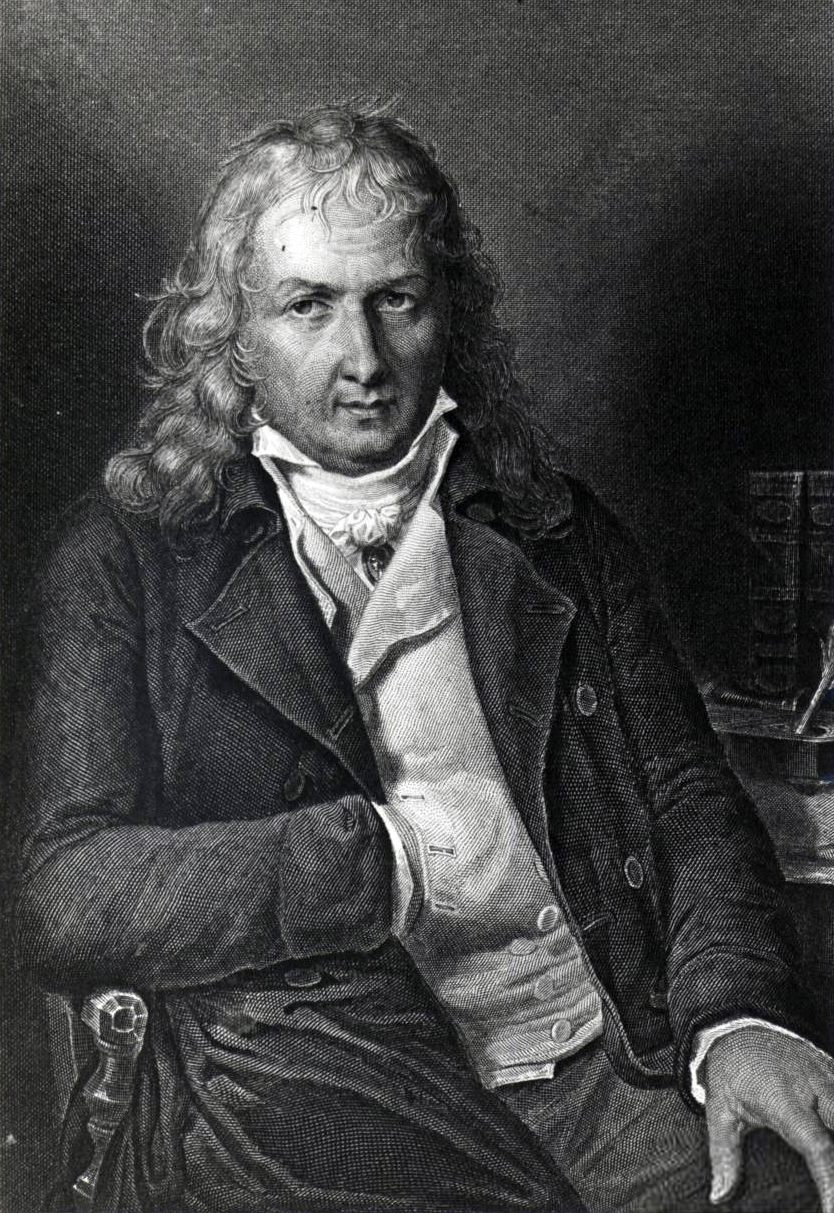Fuente: Paul and Virginia by Bernardin de St. Pierre, Fiction, Literary
Jacques-Henri Bernardin de Saint-Pierre: Frases en inglés
Vœux d'un solitaire, pour servir de suite aux "Études de la nature", as quoted in The Ethics of Diet by Howard Williams (University of Illinois Press, 2003, p. 175 https://books.google.it/books?id=o9ugCcZ13BMC&pg=PA175)
“The charity of the Gospel must extend to all religions and the French hospitality to all people.”
As quoted in Œuvres complètes de Bernardin de Saint-Pierre, Volume 7 (1828) by Louis Aimé-Martin, Jacques-Henri Bernardin de Saint-Pierre. Aug. Wahlen. p. 47
Original: la charité de l'Evangile doit s'étendre à toutes les religions et l'hospitalité française à tous les peuples.
